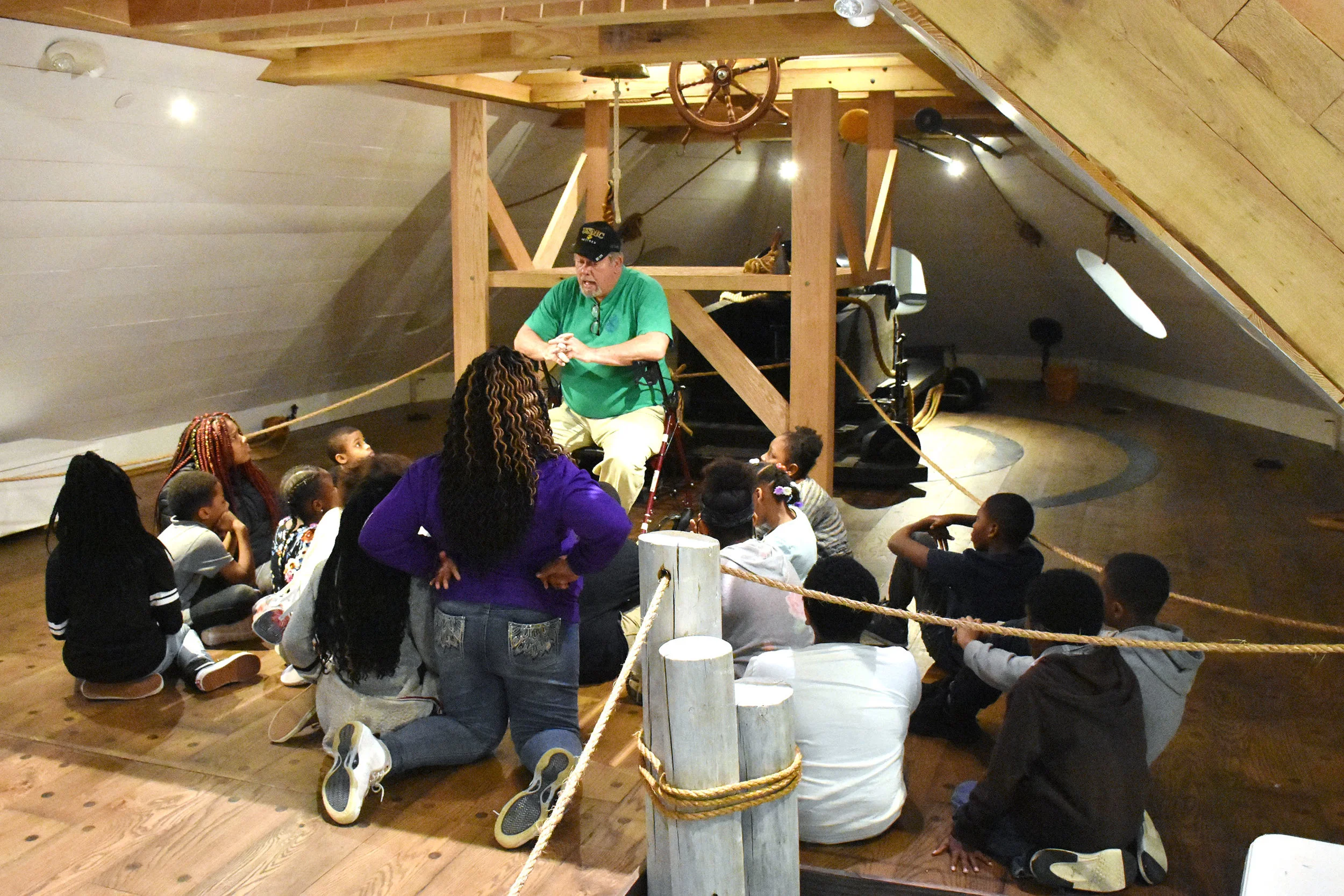Mike Parker: Educate your teen about dating violence this month
I had not seen Shana (not her real name) in a little over a year; she had been a student in one of my freshman English classes at ECU. Shana was bright and hard-working. She proved herself a leader that semester during some of the group activities I used in class. Then we saw each other as she walked near the cupola at East Carolina. We stopped and took a few minutes to chat.
I asked all the normal questions: How are you doing in your studies? Have you decided on a major? Is your family well? Then she paused and seemed a bit uneasy.
“I never told you,” Shana said, “but I was a victim of date rape.”
I was stunned.
“It happened during the semester we were in your class. That’s where I met him,” she said.
I felt sick – and then a rage grew within me.
“Did you report the assault?” I asked.
She shook her head no. “It took me months to get over it,” she said, looking down. Then she looked me right in the eye. “I have made peace with it. And I have forgiven him.”
She refused to tell me who “he” was.
“I just felt like you had the right to know,” she said.
That conversation haunted me then and haunts me even now. I still ache for her. Shana shared this story despite the pain and frustration she felt. I felt privileged that she trusted me with the information.
February is “Teen Dating Violence Awareness Month.” During this month, find time to talk to your teens about what constitutes a healthy relationship — and the characteristics of an unhealthy relationship. Date rape, while perhaps not the most common form of Teen Dating Violence (TDV), is certainly the most common form of rape.
In fact, 78 percent of all rapes are “date rape,” according to the National Resource Center on Domestic Violence. One in four young women under the age of 25 suffers date rape. Most of us would be shocked to learn just how many of the women we know suffered such an assault in their youth.
Date rape is not the only form of TDV. It is a pattern of abuse or threat of abuse against teen dating partners. This abuse can be verbal, emotional, physical, sexual, and — with the advent of all sorts of social media — even digital. As with all domestic violence, TDV occurs across a wide diversity of groups and cultures.
Physical abuse can include pinching, slapping, pushing and kicking. Any form of physical intimidation is a form of physical abuse. Stalking is also a form of abuse.
Perhaps the most common and devastating form of TDV is emotional/mental abuse. Teens often think teasing and name-calling are part of a “normal” relationship, but if these behaviors become abusive and manipulative, then they are not “normal” — they are abuse.
Abusers who attack a person mentally and emotionally do so to exercise control. In the end, these behaviors destroy the confidence, independence and self-esteem of the victim. As a result, many teens do not even recognize they have become victims of verbal, emotional or physical abuse. TDV starts slowly and continues until the victim is trapped — at least mentally or emotionally.
Unfortunately, many — perhaps most — teens never report these unhealthy behaviors because of feelings of shame and fear of the reaction from their family and friends. Sadly, three out of four parents never talk to their teens about this issue.
Yes, talking about TDV is tough. No parent wants to think of his or her little girl suffering abuse, especially abuse perpetrated by someone who professes to “care” about her.
The same is true for our little boys. In a survey of 500 teens and young adults, 57 percent of victims waited six months or more before seeking help and 40 percent had never talked to anyone about the abuse they endured in a relationship. A survey of 508 college students that included 330 women and 178 men revealed 43 percent were victims of dating violence.
We must find ways to open communication with our young women and men, especially those in their teens. We must let them know what constitutes a healthy relationship. We also must warn them about the consequences of remaining in an unhealthy relationship. Our responsibility is to open the lines so young people feel comfortable coming to us for comfort and advice.
On Tuesday, SAFE — an agency serving the victims of domestic violence and sexual assault in Duplin, Greene and Lenoir counties — is asking everyone to wear orange clothing to join a national movement to create awareness of TDV.
Please join these efforts. Just remember: your daughter or son — or granddaughter or grandson — may be or become the “one in four teens” who has or will suffer from some form of dating violence.
Mike Parker is a columnist for The Neuse News. You can reach him at mparker16@gmail.com .




